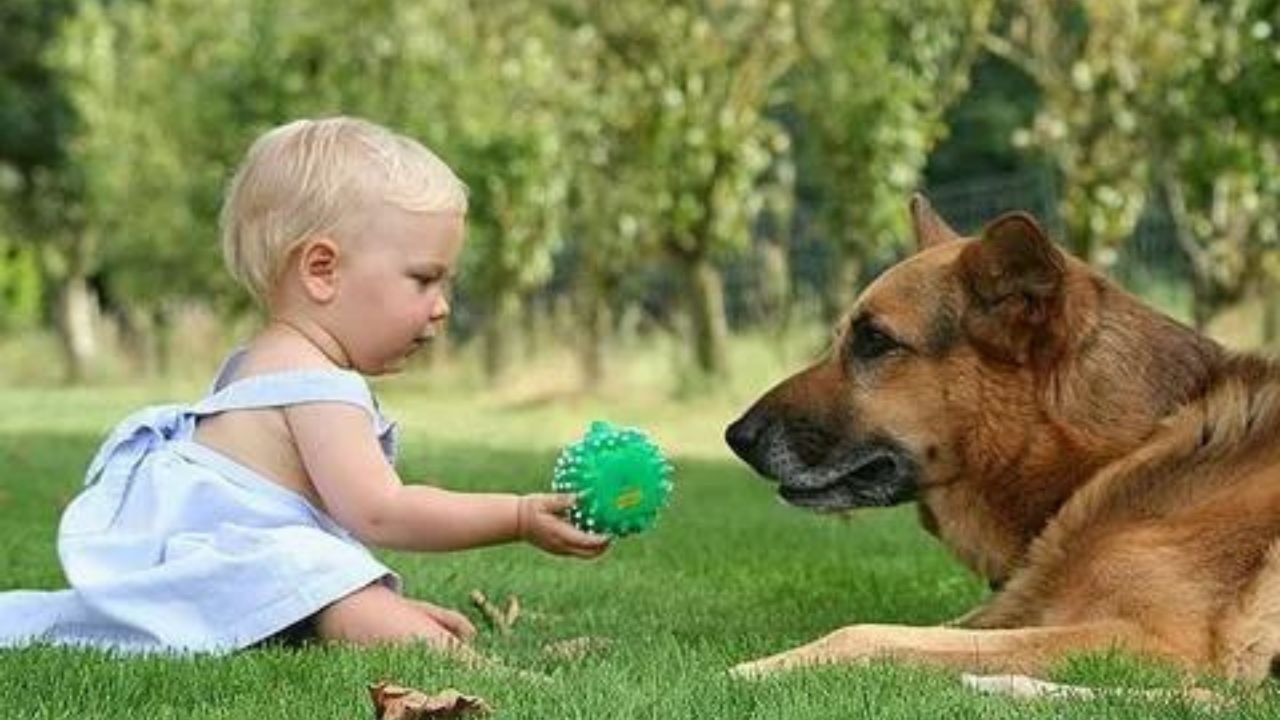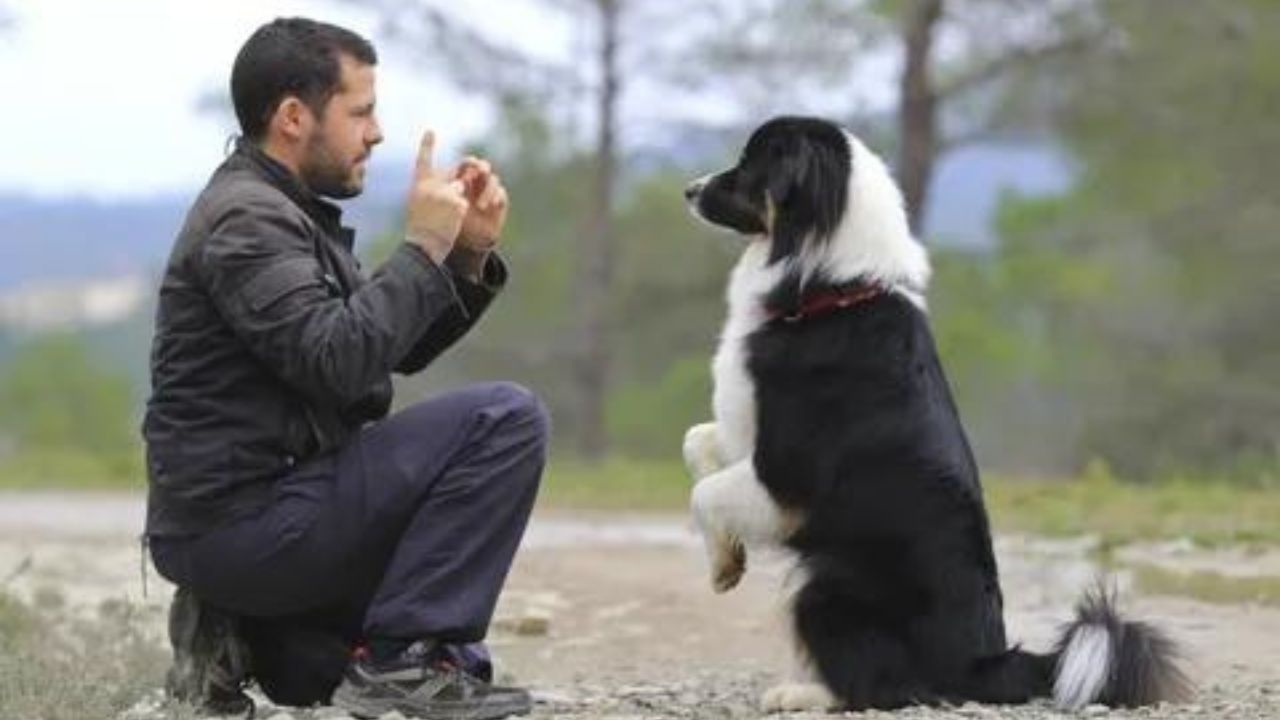Bringing a puppy home is incredibly exciting but can be a little stressful. With pet parenthood comes big responsibility; your new family member will need more than just food and snuggles to thrive. Learning how to care for a puppy might sometimes feel overwhelming, but our guide is here to help you become the best pet parent possible.
Bringing a new puppy home is an incredibly exciting experience. Their adorable wagging tails and boundless energy can quickly melt your heart. However, caring for a puppy involves more than cuddles and playtime; it requires dedication, patience, and knowledge. For beginners embarking on this journey, here’s your comprehensive guide to providing the best care for your furry friend.
Preparing for Your Puppy’s Arrival

- Puppy-Proof Your Home: Ensure your space is safe before bringing your puppy home. Remove toxic plants, small objects, and electrical cords, and secure hazardous areas. Consider crate training to offer a safe space for your pup when unsupervised.
- Gather Essential Supplies: Stock up on the necessities, including food and water bowls, a comfortable bed, chew toys, grooming tools, a leash, a collar with ID tags, and appropriate food.
- Vet Check and Vaccinations: Schedule a vet appointment to ensure your pup is healthy. Vaccinations are crucial to protect against diseases, so follow the recommended schedule provided by your vet.
Grooming and Care
Regular grooming is essential for a healthy and happy puppy:
- Brushing: Brush your puppy’s coat regularly to prevent matting and distribute natural oils.
- Bathing: Use a mild puppy shampoo and bathe your puppy as needed, usually every few weeks or when they get dirty.
- Nail Trimming: Keep your puppy’s nails trimmed to a comfortable length to prevent overgrowth and discomfort.
Basic Puppy Care
- Nutrition: Feed your puppy high-quality, age-appropriate food. Consult your vet to determine the best diet plan and feeding schedule for your pup’s breed and size. Avoid feeding them table scraps or foods that could harm them.
- Exercise and Socialization: Puppies need regular exercise to stay healthy and burn off excess energy. Additionally, socialization is crucial for their mental development. Introduce them to various environments, people, and other animals gradually.
- Training and Obedience: Start basic training early, focusing on commands like sit, stay, and come. Positive reinforcement techniques, such as treats and praise, teach good behaviour. Consistency and patience are key.
- Grooming: Regular grooming keeps your pup clean and healthy. Brush their coat, trim nails, clean ears, and bathe them as needed. Introduce grooming routines early to make it an enjoyable experience for your puppy.
Health Care and Maintenance
- Regular Vet Check-Ups:
How To Take Care of a Puppy For Beginners Schedule routine check-ups to monitor your puppy’s health. Your vet will advise on preventive care, vaccinations, and health concerns.
- Parasite Control:
Protect your puppy from fleas, ticks, and internal parasites with preventive treatments recommended by your vet. Regularly check for signs of infestation and promptly address any issues.
- Dental Care:
Dental hygiene is crucial for your pup’s overall health. Brush their teeth regularly with dog-friendly toothpaste and provide dental chews or toys to reduce plaque buildup.
Handling Behavioral Challenges
- Chewing and Teething:
Puppies explore the world with their mouths and will chew on almost anything. Provide appropriate chew toys and redirect their attention when they chew on unacceptable items.
- House Training:
Patience is vital during the house training process. Establish a routine, reward good behaviour, and be consistent with training to help your puppy understand where and when to relieve themselves.
- Separation Anxiety:
Gradually acclimate your puppy to being alone. Start with short periods and gradually increase the duration to prevent separation anxiety. Provide toys or interactive puzzles to keep them occupied.
Building a Strong Bond
- Quality Time and Affection:
Spend quality time bonding with your puppy. Offer plenty of affection, playtime, and gentle training sessions to build trust and strengthen your relationship.
- Communication:
Learn to understand your puppy’s cues and body language. This understanding helps address their needs and fosters effective communication between you and your furry companion.
- Patience and Consistency:
Remember, raising a puppy takes time. Be patient, stay consistent with training, and celebrate every small milestone achieved together.
Train for good Behaviour

How To Take Care of a Puppy For Beginners Take care to start training your new puppy right away. At a young age, they need to learn the rules and will be able to grasp them quickly with good and consistent effort. Don’t let your new family member get away with anything just because he is a cute puppy.
By teaching your puppy good manners, you’ll you’ll set your puppy up for a life of positive social interaction.
In addition, obedience training will help forge a stronger bond between you and your puppy. Teaching your pup to obey commands such as sit, stay, down, and come will, additionally, help keep your pup safe and under control in any potentially dangerous situations.
Provide a healthy diet and exercise.
How To Take Care of a Puppy For Beginners Another essential puppy care tip is to provide a healthy diet. It would help if you opted for nutrient-dense pet food specifically formulated for growing puppies. Always follow your veterinarian’s advice on picking the best dog food for your puppy’s nutritional needs. Still, AAFCO brands undergoing nutrient analysis and clinical trials are a great place to start. Don’tDon’t forget always to provide access to clean, fresh water, and be sure to avoid giving your puppy human foods unsafe for dogs.
Conclusion
How To Take Care of a Puppy For Beginners Caring for a puppy is a rewarding journey filled with joy, love, and companionship. As a beginner, your dedication, patience, and willingness to learn will shape your furry friend’s happy and healthy life. Remember, each puppy is unique, so adapt your care techniques to suit their needs. With this comprehensive guide, you’re well-equipped to embark on this fulfilling adventure of raising and caring for your adorable new companion.
FAQ
What is The First Thing you Should do With a Puppy?
First, you should ensure you have all the necessary supplies, such as food, water and food bowls, a comfortable bed, toys, a collar and leash, and grooming tools. You should also puppy-proof your home by removing potentially harmful items and setting up a designated potty area.
Where Should a Puppy Sleep First Night?
A puppy should ideally sleep in a warm, quiet, and comfortable area on their first night. Many people choose to have the puppy sleep in a crate or a small enclosed area to provide security.
Should I Ignore Puppy Crying at Night?
No, don’t ignore your puppy crying at night. As above, it could make the problem worse. Ignoring your puppy won’t teach them to self-soothe; it’llit’ll just teach them that you aren’t coming to help or comfort them, even if they need it. It can cause anxiety and damage your bond.
How Many Times a Day Should I Feed a Puppy?
Once your puppy is weaned (between 3 and 6 weeks) and has transitioned to solid food, feeding them 4 times a day from ages 6 – 12 weeks is best. When your puppy is between 3 – 6 months old, reduce meals to 3 times a day. You can begin feeding them twice a day for ages 6 – 12 months of age.

